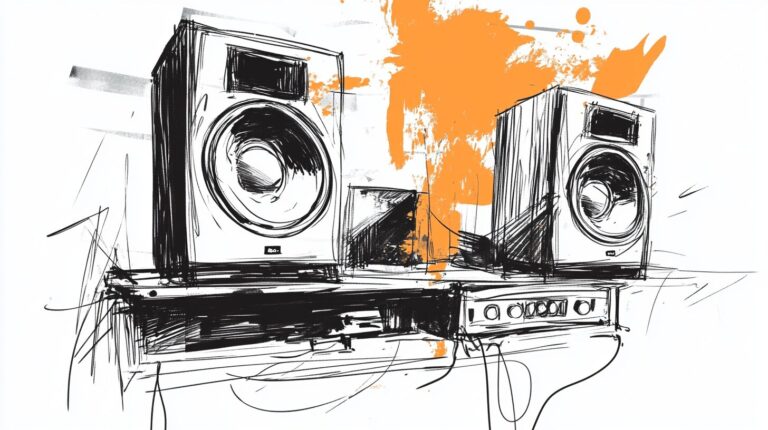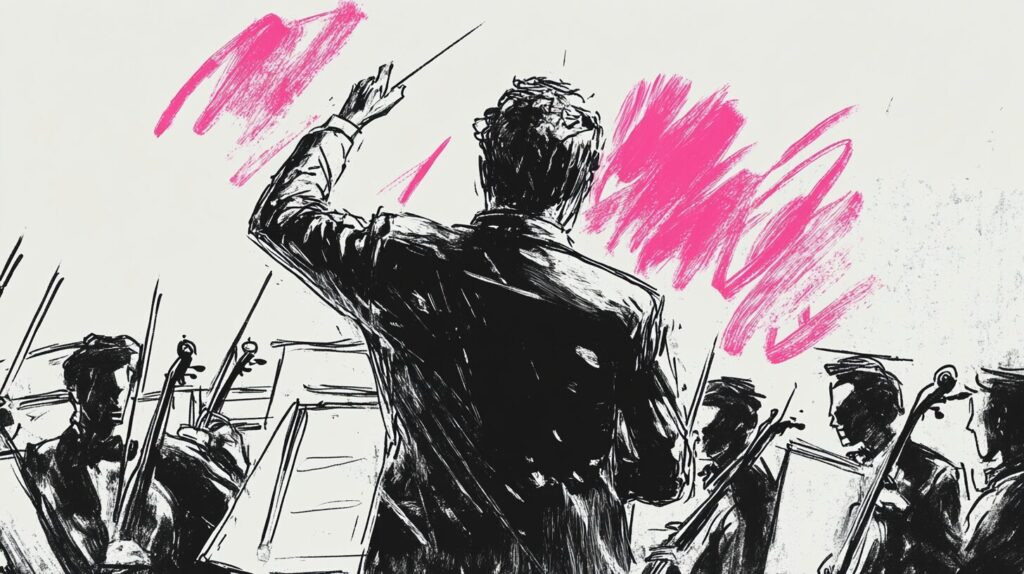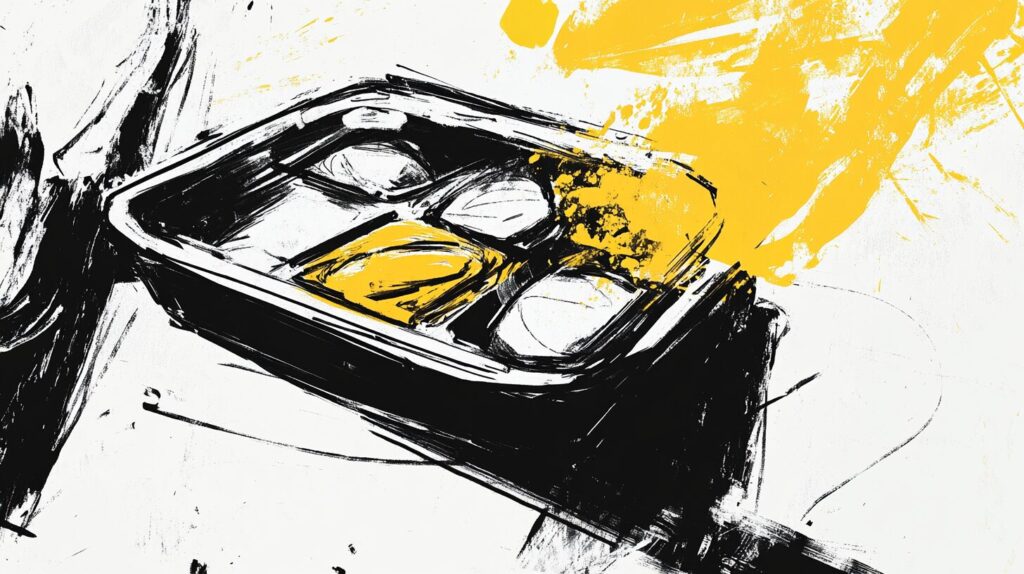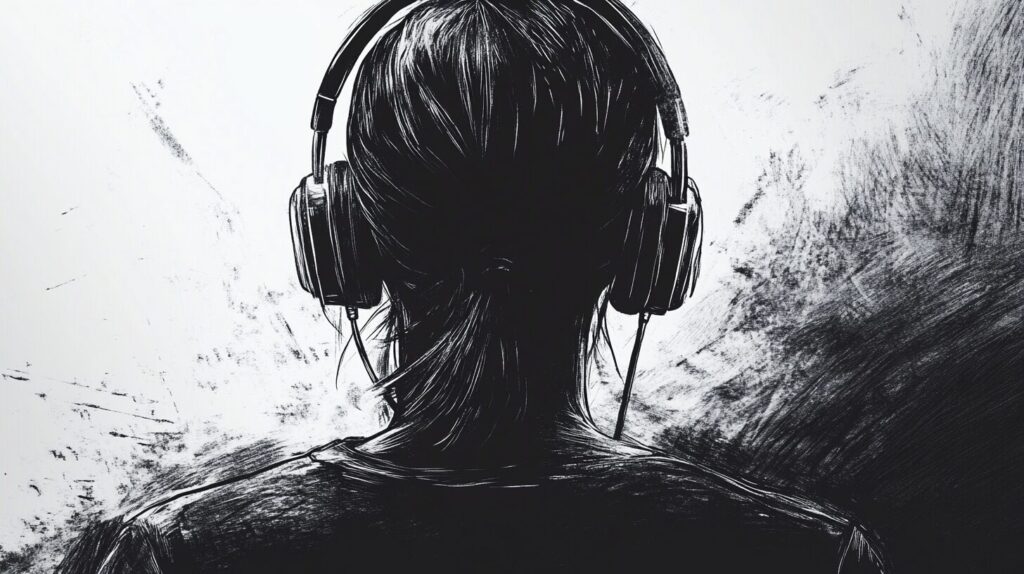For decades, the music business worked like a machine.
Not a perfect one—but one you could learn to operate.
It was built around three kinds of scarcity:
- Scarcity of talent – Studio time was expensive. Professional musicians were hard to find. Producing a polished record took resources and access.
- Scarcity of shelf space – Record stores had limited room. Only a small percentage of artists got distribution.
- Scarcity of airwaves – Radio had gatekeepers. A song getting played meant something. There were only so many slots.
If you had the right label, the right producer, the right connections—you could make a career. Maybe even build a catalog that paid you for years.
That system rewarded persistence. It created stability. It rewarded anyone who could find a way to plug into the machine.
But then the machine broke.
Firehose
Today, more than 100,000 new tracks are uploaded to music streaming services every day.
Think about that for a second.
That’s not a distribution system.
That’s a flood.
Thanks to cheap software, accessible tools, and open platforms, there’s no barrier left to making and releasing music. That’s a beautiful thing for creativity—but a brutal thing for anyone trying to turn that creativity into a sustainable business.
Here’s the new reality:
- Talent is everywhere—You don’t need a million-dollar studio to make a radio-ready track.
- Distribution is infinite—Every song ever made is available, instantly, in your pocket.
- Discovery is fractured—There’s no dominant gatekeeper. Just a scattered landscape of playlists, algorithms, and niche curators.
In short: scarcity is gone.
And scarcity, like it or not, is what used to create value.
the Music Business Now?
It’s not an industry in the traditional sense.
Industries are predictable.
They reward consistent input with consistent output.
But today, music operates more like a lottery:
- Most songs don’t make money.
- The few that do often succeed through luck, timing, or algorithmic anomaly.
- And even “success” is often short-lived, platform-dependent, or impossible to replicate.
But here’s the twist: it’s not just music.
This same pattern shows up across all media–video, photography, writing, podcasting—you name it.
When the internet removes friction, it removes scarcity.
And when scarcity disappears, we have to build value another way.
Meaningful Connection Over Distribution
If you’re a creator or entrepreneur trying to find your footing in this new terrain, don’t play the old game.
Instead, focus on:
- Micro-affinity over mass awareness
Find the smallest group of people who care deeply. Serve them relentlessly. - Direct connection over borrowed platforms
Build your email list. Nurture your community. Own the relationship. - Consistency over virality
The hits are random. But resonance isn’t. Show up often. Share with care.
The goal isn’t to “blow up.”
The goal is to be known and trusted by the people who matter most.
A Final Note
I don’t believe the music business is dying.
I believe it’s decentralizing.
That means less institutional support—but more creative freedom.
Less middleman money—but more direct connection with your audience.
If you’re building a career in music—or anything else that feels creative and crowded—don’t aim for the old kind of success.
Aim for the kind that lasts.
The kind built on trust, story, and resonance.
That’s the work.
And that’s where the opportunity still lives.
If you enjoyed this post, please consider sharing it with someone else–the buttons below can help.
Thank you!




